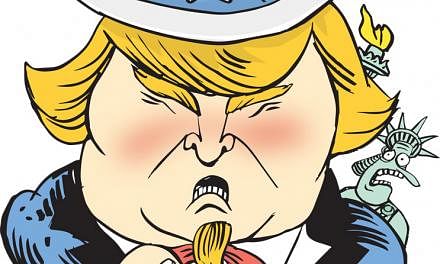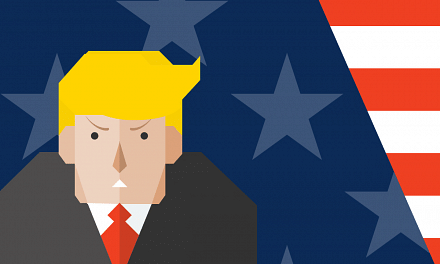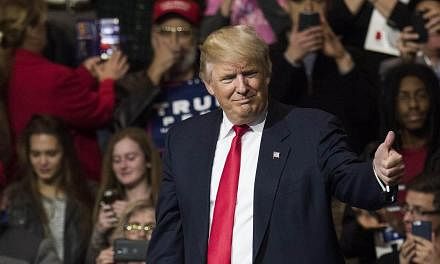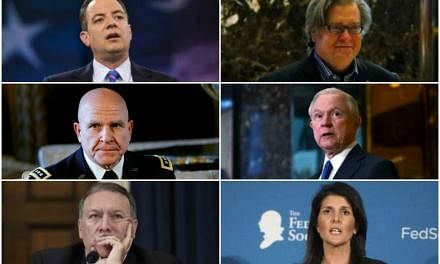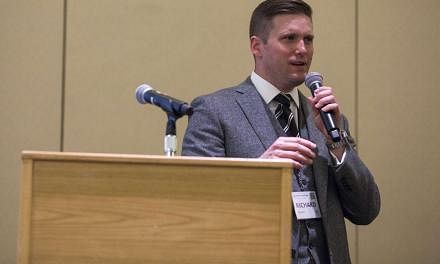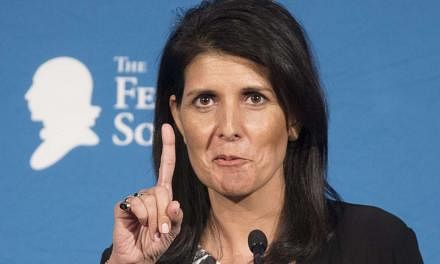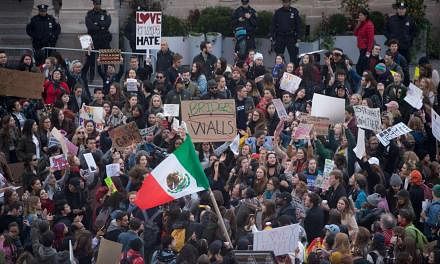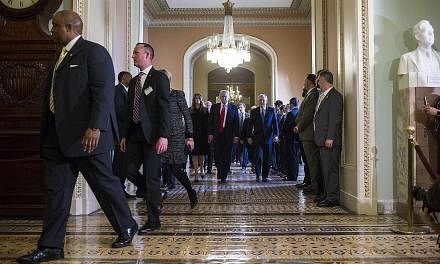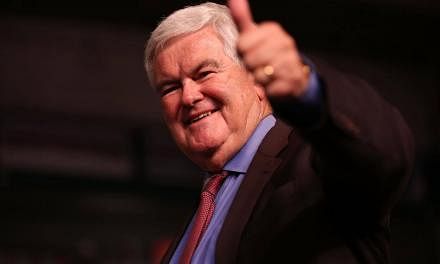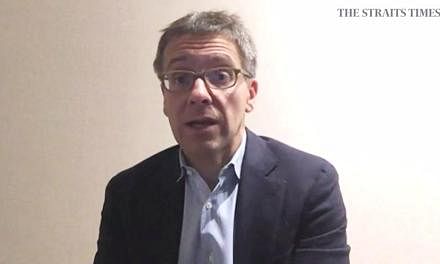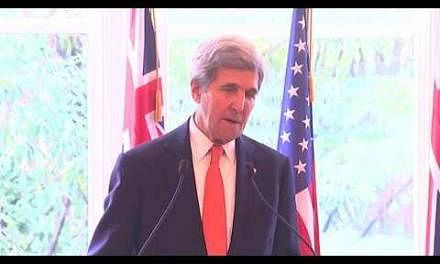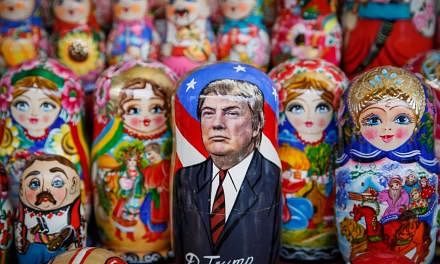WASHINGTON • Like no other part of the Republican establishment, the party's foreign policy luminaries joined in opposition to the idea of a Donald Trump presidency.
Loyal Republicans who served in the two Bush administrations appeared on television and wrote op-eds blasting Mr Trump. They aligned under a "Never Trump" banner and signed a letter saying they were "convinced that he would be a dangerous president and would put at risk our country's national security and well-being". For his part, Mr Trump has maligned them as bumbling and myopic, architects of "a long history of failed policies and continued losses at war".
The coming weeks will determine whether both sides decide they need each other.
On the establishment side, the opposition is now softening for some - driven either by a stated sense of patriotic duty to advise a new president with no foreign policy expertise, or a somewhat less noble motive to avoid years of being excluded from Washington power circles.
But whether he would have them is another matter.
And Mr Trump, a man known to nurse grudges long after doing so is beneficial, has boasted for months that he has a better understanding of how to best serve the nation's security interests than nearly anyone who has made policy in the area for the past decade. At the same time, his transition team faces the daunting task of filling hundreds of jobs in a constellation of national security agencies.
Personnel decisions by Mr Trump and his team will help determine both the course of the adminis- tration's foreign policy and whether the President-elect will hew to the themes of his campaign - a suspicion of alliances, scepticism of foreign intervention and admiration for authoritarian figures like President Vladimir Putin of Russia.
Some of these views have been embraced by some of Trump's current advisers, including retired lieutenant-general Michael Flynn, the former director of the Defence Intelligence Agency. Such positions are generally anathema in Republican foreign policy circles largely dominated by hawkish former George W. Bush administration officials.
There is some common ground, particularly on counterterrorism policy. For instance, Mr Trump has repeatedly praised the brutal interrogation methods the Bush administration used against Al-Qaeda suspects, including waterboarding. Since the election was resolved early on Wednesday, there have been at least informal contacts between the two factions.
Meanwhile, Mr Trump, who campaigned against the corrupt power of special interests, is filling his transition team with some of the very sort of people who he has complained have too much clout in Washington: corporate consultants and lobbyists.
Dr Jeffrey Eisenach, a consultant who has worked for years on behalf of Verizon and other telecommunications clients, is the head of the team that is helping to pick staff members at the Federal Communications Commission.
Lobbyist Michael Catanzaro, whose clients include Devon Energy and Encana Oil and Gas, holds the "energy independence" portfolio.
Mr Trump was swept to power in large part by white working-class voters who responded to his vow to restore the voices of forgotten people, ones drowned out by big business and Wall Street. But in his transition to power, some of the most prominent voices will be those of advisers who come from the same industries for which they are being asked to help set the regulatory groundwork.
NYTIMES
